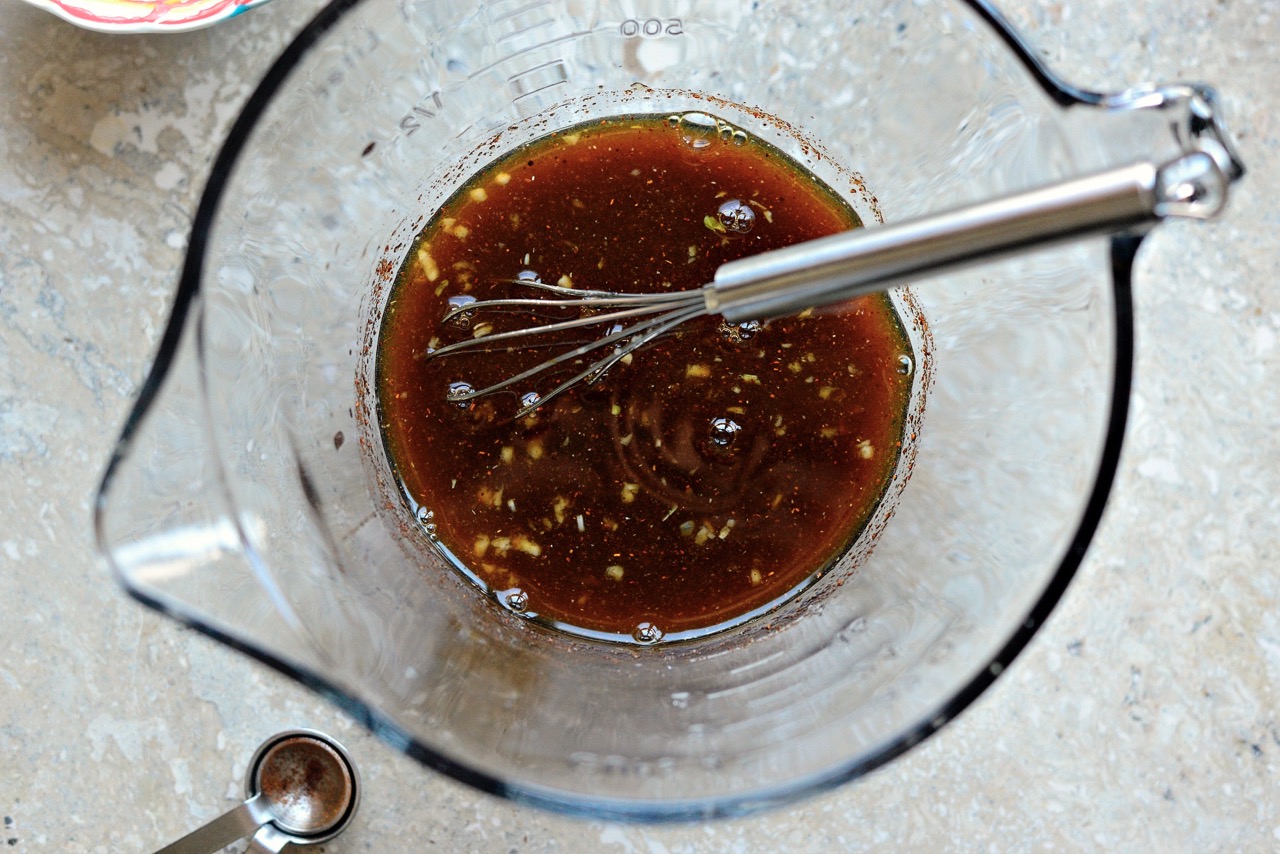

Articles
How To Store Homemade Sauce
Modified: February 23, 2024
Learn the best way to store homemade sauce in this informative article. Discover tips and tricks for preserving the freshness and flavor of your sauces.
(Many of the links in this article redirect to a specific reviewed product. Your purchase of these products through affiliate links helps to generate commission for Storables.com, at no extra cost. Learn more)
Introduction
Homemade sauce is a delicious and versatile addition to any kitchen. Whether it’s a marinara sauce for pasta, a barbecue sauce for grilling, or a salsa for dipping, making your own sauce allows you to tailor the flavors to your liking and create a truly unique culinary experience. However, once you’ve invested your time and effort into making a homemade sauce, it’s important to store it properly to maintain its freshness and quality.
In this article, we will guide you through the process of storing homemade sauce to ensure maximum flavor and longevity. From choosing the right containers to proper labeling, refrigeration and freezing techniques, and reheating tips, we’ve got you covered.
Proper storage not only helps to retain the flavor and texture of your homemade sauce, but it also ensures food safety and minimizes the risk of spoilage. So, let’s dive in and learn how to store homemade sauce like a pro!
Key Takeaways:
- Properly storing homemade sauce is crucial for maintaining its flavor and safety. Choose the right containers, label them clearly, and refrigerate or freeze the sauce to enjoy its delicious flavors for longer.
- Reheating and using stored sauce creatively can enhance various dishes. Whether it’s pasta, pizza, marinades, or condiments, your homemade sauce can add a delightful twist to mealtime.
Read more: How To Store Homemade Sauces
Choosing the Right Containers
When it comes to storing homemade sauce, choosing the right containers is crucial for maintaining its quality and preventing spoilage. Here are some factors to consider:
- Material: Opt for containers made of glass or food-grade plastic. These materials are non-reactive, preventing any unwanted flavors or chemicals from leaching into the sauce.
- Airtight: Ensure that the containers have airtight lids to prevent air from entering and causing oxidation, which can lead to spoilage.
- Size: Choose containers that are sized appropriately for the amount of sauce you intend to store. It’s best to fill the containers to the top, leaving minimal headspace to reduce the risk of bacterial growth.
- Freezer-safe: If you plan to freeze your sauce, make sure the containers are labeled as freezer-safe to prevent cracking or breakage due to expansion.
Consider using mason jars, glass jars with screw-top lids, or plastic containers with tight-sealing lids. Mason jars are an excellent choice for homemade sauces as they are durable, heat-resistant, and provide a tight seal. Glass jars with screw-top lids are another option, particularly for sauces that will be stored in the refrigerator. Plastic containers are lightweight and easy to store, but ensure they are BPA-free and labeled as food-safe.
Remember, always choose clean and sanitized containers to ensure the freshness and safety of your homemade sauce. Wash the containers in hot soapy water, rinse thoroughly, and dry them completely before use.
Proper Labeling
Labeling your homemade sauce might seem like a minor step, but it plays a crucial role in proper storage and organization. Here’s why proper labeling is important:
- Identification: Clearly label the containers with the name of the sauce and the date it was made. This will help you easily identify the sauce and keep track of its freshness.
- Ingredients: Include a list of ingredients used in the sauce, especially if you or someone in your household has dietary restrictions or allergies.
- Storage instructions: Should the sauce be stored in the pantry, refrigerator, or freezer? Include any specific instructions for reheating or using the sauce.
- Expiration date: Estimating the shelf life is essential to ensure that the sauce is consumed within a safe timeframe. Refer to the recipe or general guidelines to determine the sauce’s approximate expiration date.
Use waterproof labels or write directly on the containers using a permanent marker. Avoid using adhesive labels that may peel off or become unreadable over time.
Additionally, consider using color-coded labels or stickers to differentiate between different types of sauces. This will help you easily locate the sauce you need and maintain an organized storage system.
By properly labeling your homemade sauce containers, you can make the storage process more efficient and ensure that you always have fresh and delicious sauces at your fingertips.
Refrigeration and Freezing
When it comes to storing homemade sauce, two common methods are refrigeration and freezing. Let’s delve into each of them:
Refrigeration:
If you plan to use the sauce within a week or two, refrigeration is a suitable option. Here’s how to properly store sauce in the refrigerator:
- Allow the sauce to cool completely before transferring it to airtight containers.
- If the sauce is still warm, place it in the refrigerator uncovered for a short period to allow it to cool down faster.
- Fill the containers to a near-full level to minimize air exposure.
- Seal the containers tightly and label them with the sauce name and date.
- Place the containers in the refrigerator, away from raw meats or any other foods that could potentially contaminate the sauce.
Refrigerated homemade sauce should be consumed within 7-10 days to ensure optimal freshness and taste. Always inspect the sauce before using and discard it if there are any signs of spoilage, such as a strange odor, mold growth, or discoloration.
Read more: How To Store Homemade Tomato Sauce
Freezing:
If you want to extend the shelf life of your homemade sauce, freezing is the way to go. Proper freezing techniques will help maintain the sauce’s quality and flavor for a longer period. Follow these steps to freeze homemade sauce:
- Cool the sauce completely before transferring it to freezer-safe containers. Leave a small amount of headspace to account for expansion during freezing.
- Seal the containers tightly, ensuring there are no air pockets.
- Label the containers with the sauce’s name, date, and any specific instructions for reheating or using the sauce.
- Place the containers in the freezer, making sure they are positioned upright to prevent leakage and maintain the sauce’s consistency.
Frozen homemade sauce can typically be stored for 3-6 months while maintaining its quality. However, for the best flavor and texture, it’s recommended to consume it within 3 months. Before using the sauce, thaw it in the refrigerator overnight or use the defrost setting on your microwave.
Note that freezing may slightly alter the consistency of certain sauces, such as those with high water content or dairy-based ingredients. However, the flavor and overall quality should remain intact.
Whether you choose to refrigerate or freeze your homemade sauce, always follow proper storage guidelines to ensure food safety and enjoy delicious sauces at your convenience.
Shelf Life of Homemade Sauce
The shelf life of homemade sauce can vary depending on various factors, such as the ingredients used, preparation method, and storage conditions. While there is no one-size-fits-all answer, here are some general guidelines for the shelf life of different types of homemade sauces:
Tomato-based Sauces:
Tomato-based sauces, like marinara or pasta sauce, can typically be stored in the refrigerator for 7-10 days. If properly frozen, they can last for 3-6 months. However, it’s important to note that sauce with added meat or dairy ingredients may have a shorter shelf life.
Vinegar or Citrus-based Sauces:
Sauces that contain vinegar or citrus juices, such as barbecue sauce or vinaigrette, can generally be stored in the refrigerator for 2-3 weeks. These types of sauces may lose some flavor over time, so it’s best to consume them within this timeframe for optimal taste.
Read more: How To Store Homemade Spaghetti Sauce
Cream-based Sauces:
Cream-based sauces, like Alfredo or cheese sauces, have a shorter shelf life due to their dairy content. They can be refrigerated for 3-4 days and should be consumed within this timeframe to prevent spoilage.
Hot Sauces:
Hot sauces, made with ingredients like chili peppers and vinegar, can have a long shelf life. These sauces can typically be stored in the refrigerator for up to 1 year. However, it’s essential to ensure that the sauce is properly sealed and free from any signs of spoilage before using.
It’s important to remember that these guidelines are approximate and serve as a general reference. Factors such as the sauce’s freshness, proper storage, and any added perishable ingredients can affect its shelf life.
Always inspect the sauce before using and discard it if you notice any signs of spoilage, such as an off smell, mold growth, or unusual texture. It’s better to err on the side of caution when it comes to homemade sauces to ensure food safety.
To extend the shelf life of homemade sauce, consider freezing it in appropriate portions. This will allow you to enjoy the sauce over a longer period while maintaining its quality and flavor.
By following proper storage guidelines and using your judgment, you can maximize the shelf life of your homemade sauce and savor its delicious flavors for as long as possible.
Storing Sauce in the Pantry
Storing homemade sauce in the pantry can be a convenient option if the sauce has been properly preserved and does not require refrigeration. Here are some guidelines to keep in mind when storing sauce in the pantry:
- Packaging: Make sure the sauce is stored in airtight containers, such as glass jars or bottles with tight-fitting lids, to prevent air and moisture from entering.
- Dark and Cool Location: Choose a cool, dark spot in your pantry to store the sauce. Heat and light can degrade the quality and flavor of the sauce, so keep it away from direct sunlight and sources of heat.
- Proper Shelving: Store the sauce on a stable and sturdy shelf to prevent any accidental spills or breakage.
- Rotation: If you have multiple jars of sauce, arrange them in a way that allows for easy rotation. Use the “first in, first out” principle, using the oldest sauce first before moving on to newer ones.
- Check for Spoilage: Regularly inspect the sauce for any signs of spoilage, including unusual color, mold growth, off odor, or a bulging jar lid. If any of these signs are present, discard the sauce immediately.
It’s important to note that not all homemade sauces can be safely stored in the pantry. Tomato-based sauces with low acidity, like marinara sauce, should be refrigerated or frozen to prevent the growth of harmful bacteria, unless they have been properly canned using a pressure canning method.
Always follow proper canning procedures and refer to reliable sources for safe canning guidelines if you plan to store tomato-based sauces in the pantry for an extended period of time.
Lastly, remember that the shelf life of sauce stored in the pantry can vary depending on the ingredients used and the specific recipe. It’s always a good idea to consume the sauce within a reasonable time frame to ensure optimal flavor and safety.
By following these guidelines, you can safely store homemade sauce in your pantry for quick and easy access whenever you need it.
Storing Sauce in the Refrigerator
Storing homemade sauce in the refrigerator is a common and convenient method to keep it fresh for a limited period of time. Here is how you can properly store sauce in the refrigerator:
- Cool the Sauce: Allow the sauce to cool down to room temperature before transferring it to the refrigerator. Placing hot sauce in the refrigerator can affect the internal temperature of the fridge and compromise the safety of other perishable items.
- Choose the Right Container: Transfer the sauce to airtight containers made of glass or food-grade plastic. These containers will help prevent air and moisture from entering, keeping the sauce fresher for longer.
- Label and Date: Label each container with the name of the sauce and the date it was made. This will help you keep track of its freshness and ensure that you use it within a reasonable timeframe.
- Proper Placement: Store the sauce in the main body of the refrigerator, away from raw meat or any other potential contaminants. It’s best to keep the sauce on a stable shelf where it won’t be jostled or disturbed.
- Rotation: Follow the “first in, first out” principle. Use older containers of sauce before opening new ones to prevent food waste and ensure you’re enjoying the sauce at its best.
- Check for Spoilage: Regularly inspect the sauce for any signs of spoilage, such as an off odor, mold growth, or a change in color or texture. If you notice any of these signs, discard the sauce immediately.
It’s important to note that the refrigeration time for homemade sauce may vary depending on the ingredients used and the recipe itself. In general, tomato-based sauces can be safely stored in the refrigerator for about 7-10 days.
However, if your sauce contains any perishable ingredients like meat or dairy, it’s best to consume it within a shorter timeframe to ensure food safety. Always use your judgment and consider the freshness and quality of the sauce before using it.
By following these guidelines, you can enjoy the convenience of keeping your homemade sauce fresh and accessible in the refrigerator for a limited period of time.
Read more: How To Store Homemade Bbq Sauce
Storing Sauce in the Freezer
Freezing homemade sauce is a fantastic way to preserve its freshness and extend its shelf life. Whether you want to make a large batch of sauce ahead of time or save leftovers for future use, here’s how to properly store sauce in the freezer:
- Cool the Sauce: Allow the sauce to cool completely before transferring it to freezer-safe containers. This helps maintain the quality of the sauce and prevents condensation that can lead to freezer burn.
- Select Appropriate Containers: Use freezer-safe containers or resealable freezer bags designed to withstand low temperatures and prevent freezer burn. Ensure that the containers are tightly sealed to keep out air and moisture.
- Portion and Label: Divide the sauce into smaller portions before freezing to make it more convenient to defrost and use. Label each container or bag with the sauce name, date, and any additional reheating or serving instructions.
- Eliminate Air: For containers, leave a small amount of headspace to allow for expansion during freezing. For freezer bags, remove as much air as possible before sealing, or consider using a vacuum sealer to remove excess air.
- Position in Freezer: Place the sauce in an upright position in the freezer to prevent leakage or spillage. Make sure that the containers are placed where they won’t be disturbed or have heavy items placed on top of them.
Properly stored, homemade sauce can typically be kept in the freezer for up to 3-6 months. While it may still remain safe to eat after this timeframe, the quality may begin to degrade over time.
When ready to use the frozen sauce, thaw it in the refrigerator overnight or use the defrost setting on your microwave. Once thawed, heat it thoroughly before consuming. Avoid refreezing the sauce after it has been thawed, as this can cause a loss of flavor and texture.
It’s important to note that certain sauces with high water content or dairy-based ingredients may undergo slight texture changes after freezing. However, the flavor should remain largely intact.
By following these guidelines, you can enjoy the convenience of having homemade sauce readily available in your freezer, allowing you to enhance your meals with delicious flavors whenever you desire.
Reheating and Using Stored Sauce
When it comes to using stored sauce, whether it’s been refrigerated or frozen, proper reheating techniques will help maintain its flavor and quality. Here are some tips for reheating and using stored sauce:
Reheating:
If you have stored sauce in the refrigerator, you can simply reheat it on the stovetop or in the microwave. Follow these steps for reheating:
- Stovetop: Transfer the desired amount of sauce to a saucepan and heat it over low to medium heat. Stir occasionally to ensure even heating and prevent any scorching or sticking to the bottom of the pan.
- Microwave: Place the sauce in a microwave-safe dish and cover it with a microwave-safe lid or plastic wrap. Heat it in short intervals, stirring in between, until it is heated through. Be careful not to overheat, as this can cause the sauce to splatter or become too hot.
Regardless of the method used, ensure that the sauce reaches a safe internal temperature of 165°F (74°C) to eliminate any potential bacteria that may have grown during storage.
Using Stored Sauce:
Stored sauce can be used in various ways to enhance different dishes. Here are a few ideas to help you make the most of your stored sauce:
- Pasta Dishes: Use your refrigerated or thawed sauce as a base for pasta dishes. Heat it up, toss it with cooked pasta, and top it with grated cheese and fresh herbs for a quick and flavorful meal.
- Pizza Topping: Use your homemade sauce as a delicious and personalized pizza sauce. Spread it over pizza dough, add your favorite toppings, and bake it to perfection.
- Meat or Vegetable Marinade: Use your sauce as a marinade for meats or vegetables before grilling or roasting. The flavors will infuse into the ingredients, adding a delightful twist.
- Condiment or Dipping Sauce: Transform your stored sauce into a flavor-packed condiment or dipping sauce for sandwiches, wraps, fries, or appetizers.
- Casserole or One-Pot Dish: Incorporate your sauce into casseroles or one-pot dishes for added depth of flavor. It can elevate dishes like lasagna, baked ziti, or chili.
Remember to always use proper food handling and safety practices when using stored sauce. If you’re unsure about the quality or safety of the sauce, it’s better to err on the side of caution and discard it.
By reheating and using your stored sauce creatively, you can enjoy the convenience of a homemade flavor boost in various dishes, making mealtime a breeze!
Store homemade sauce in airtight containers to prevent spoilage and maintain freshness. Keep it refrigerated for up to one week or freeze for longer storage.
Read more: How To Store Homemade Teriyaki Sauce
Conclusion
Storing homemade sauce properly is essential for maintaining its flavor, freshness, and safety. By following the guidelines outlined in this article, you can ensure that your delicious homemade sauces last longer and are readily available whenever you need them.
Choosing the right containers, whether it’s glass jars, plastic containers, or freezer-safe bags, is the first step in storing sauce effectively. Airtight and non-reactive containers will help preserve the quality of the sauce and prevent any unwanted flavors or spoilage.
Proper labeling is crucial for easy identification and organization. Clearly label the containers with the sauce name, date of preparation, and any specific instructions for storage and usage. This will help you keep track of the sauce’s freshness and ensure you consume it within a safe timeframe.
When it comes to storage methods, refrigeration and freezing are the most common options. Refrigerate sauce if you plan to use it within a week or two, and freeze it for longer-term storage. Properly cool the sauce before storing it and use airtight, freezer-safe containers to maintain its quality and prevent freezer burn.
Reheating stored sauce is a breeze. Whether it’s using the stovetop or the microwave, ensure that the sauce reaches a safe internal temperature before consumption. The reheated sauce can be used in various dishes, such as pasta, pizza, marinades, condiments, and casseroles, allowing you to enjoy the flavors and versatility of your homemade sauce.
Lastly, always use your best judgment when it comes to the shelf life of your homemade sauce. While general guidelines are provided, factors such as ingredients used and storage conditions can affect the sauce’s longevity. Inspect the sauce for any signs of spoilage, such as odor, mold, or texture changes, and discard it if necessary.
By mastering the art of storing homemade sauce, you can enjoy the convenience and satisfaction of having your own flavorful sauces on hand whenever culinary inspiration strikes. So, go ahead and create those delicious homemade recipes, store them with care, and savor the incredible flavors for as long as possible!
Frequently Asked Questions about How To Store Homemade Sauce
Was this page helpful?
At Storables.com, we guarantee accurate and reliable information. Our content, validated by Expert Board Contributors, is crafted following stringent Editorial Policies. We're committed to providing you with well-researched, expert-backed insights for all your informational needs.
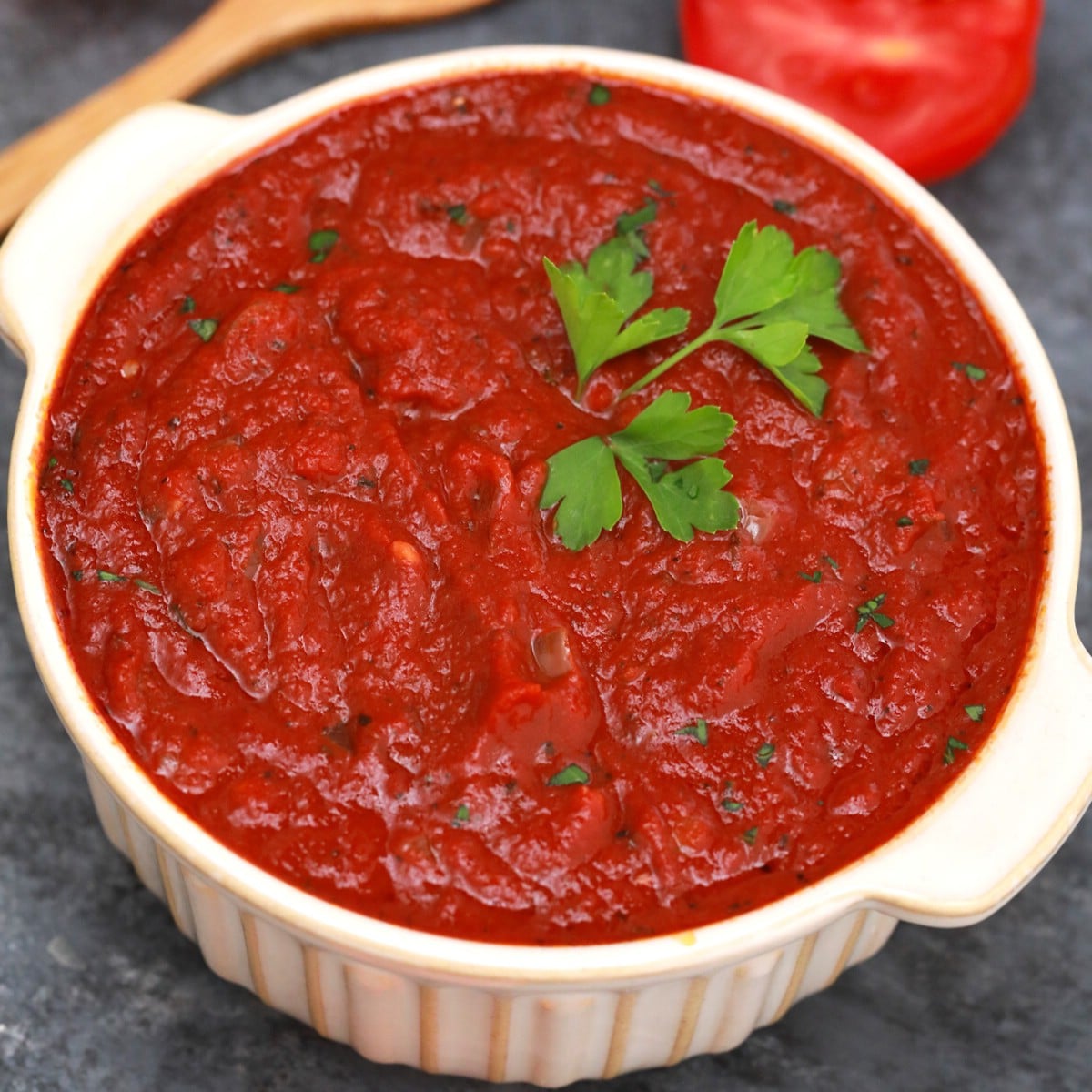

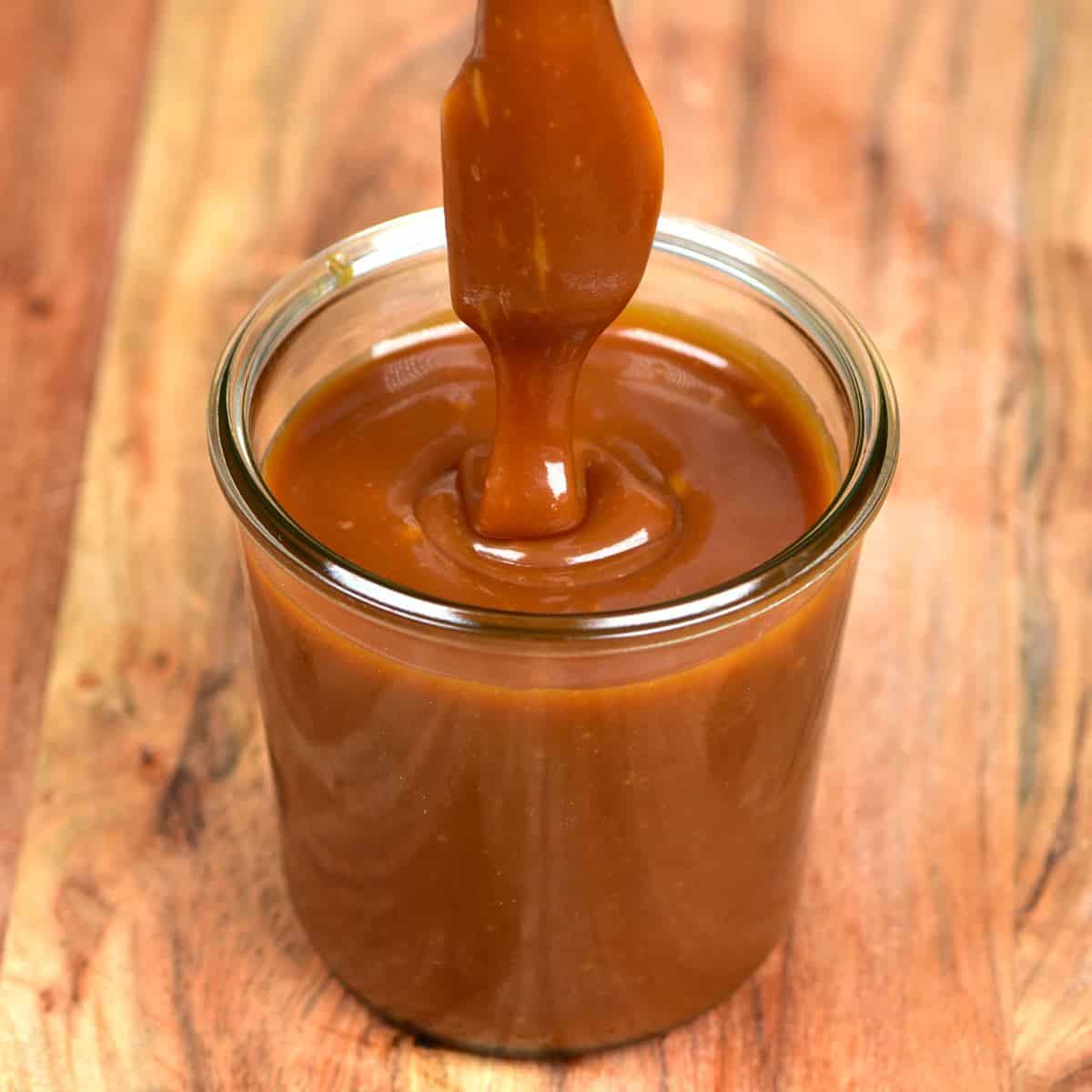
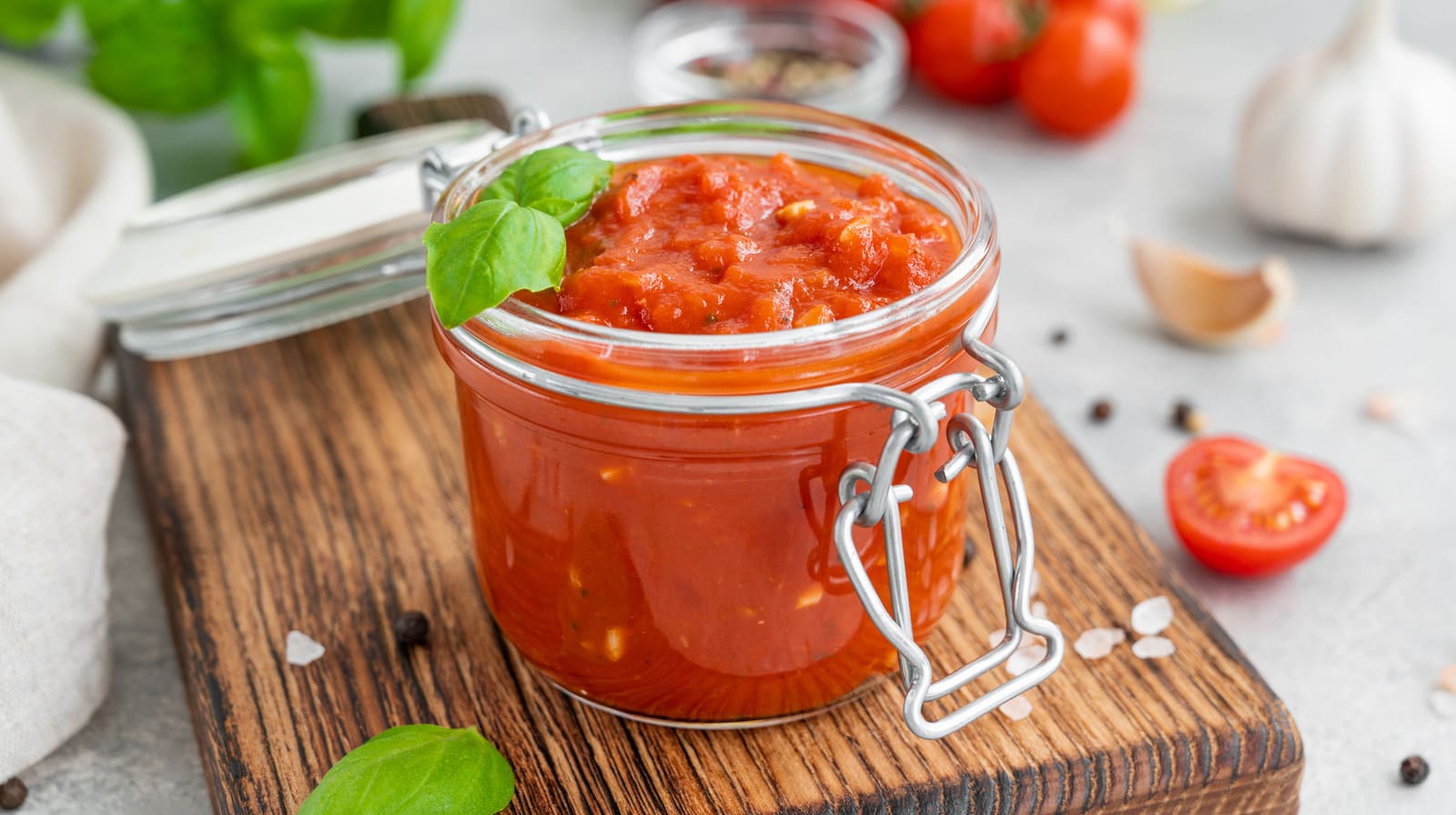
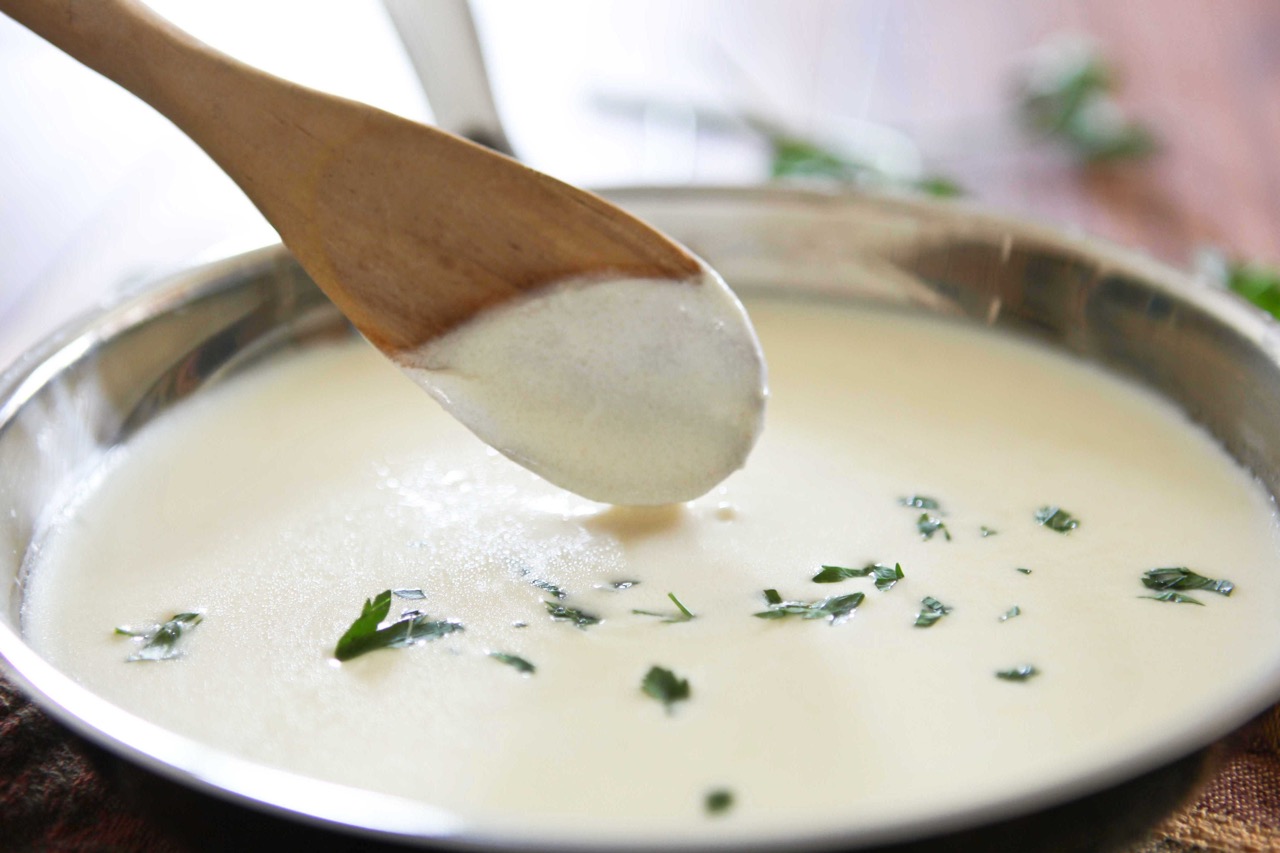
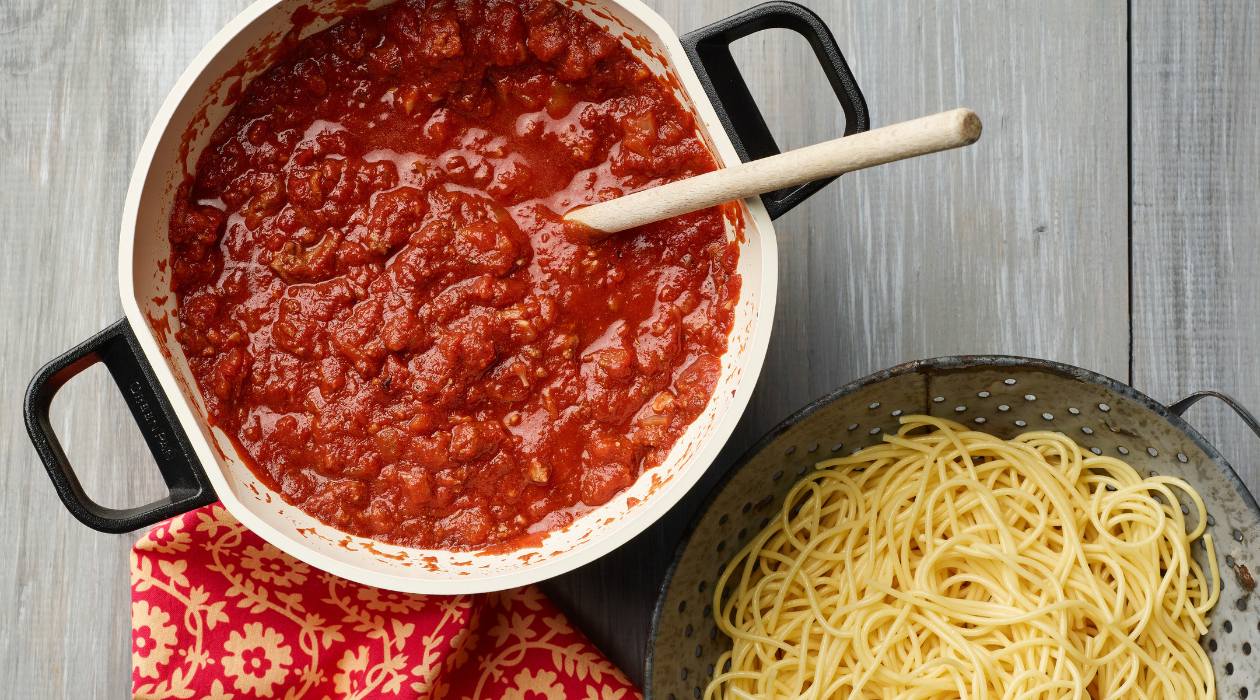
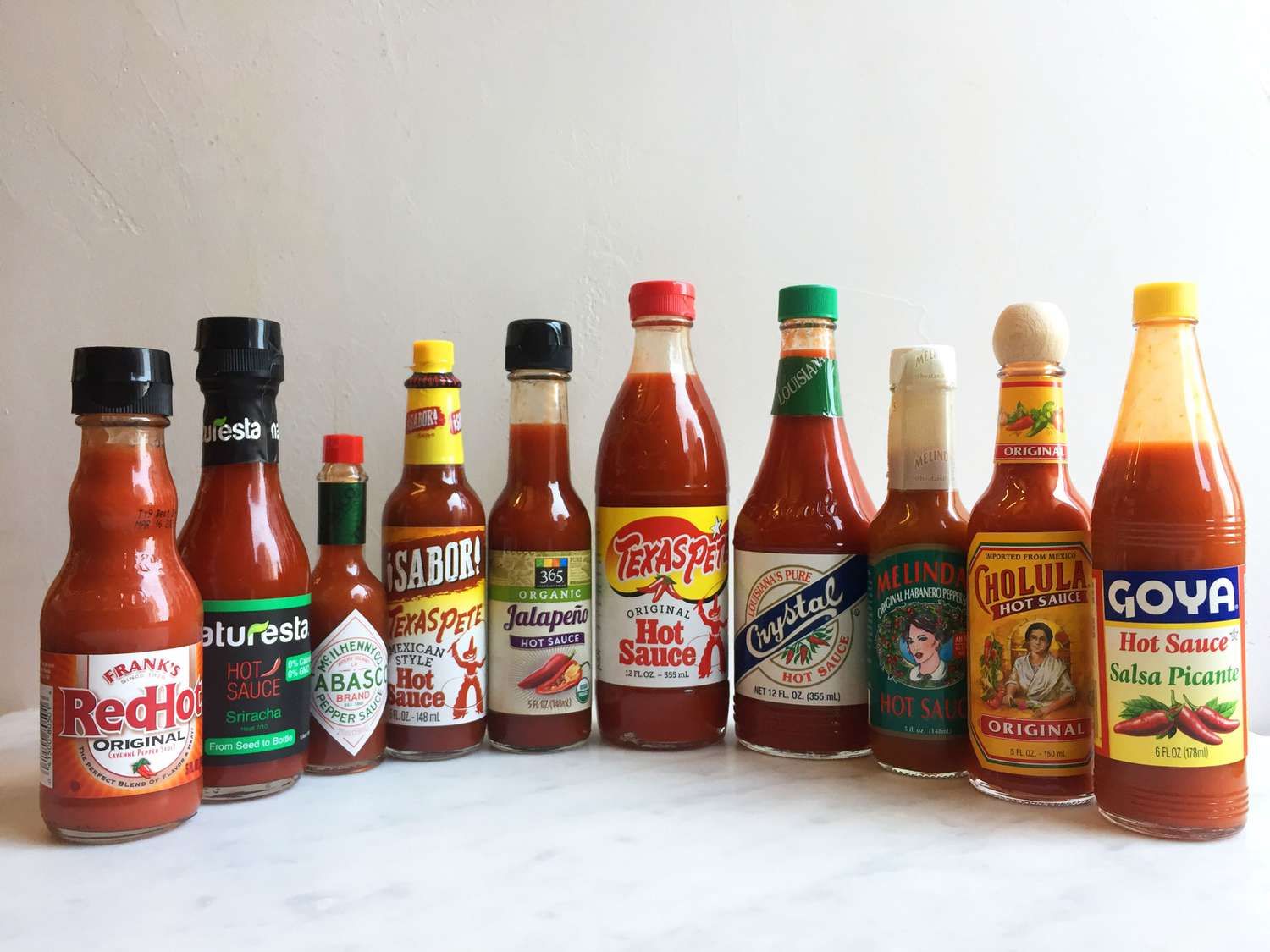



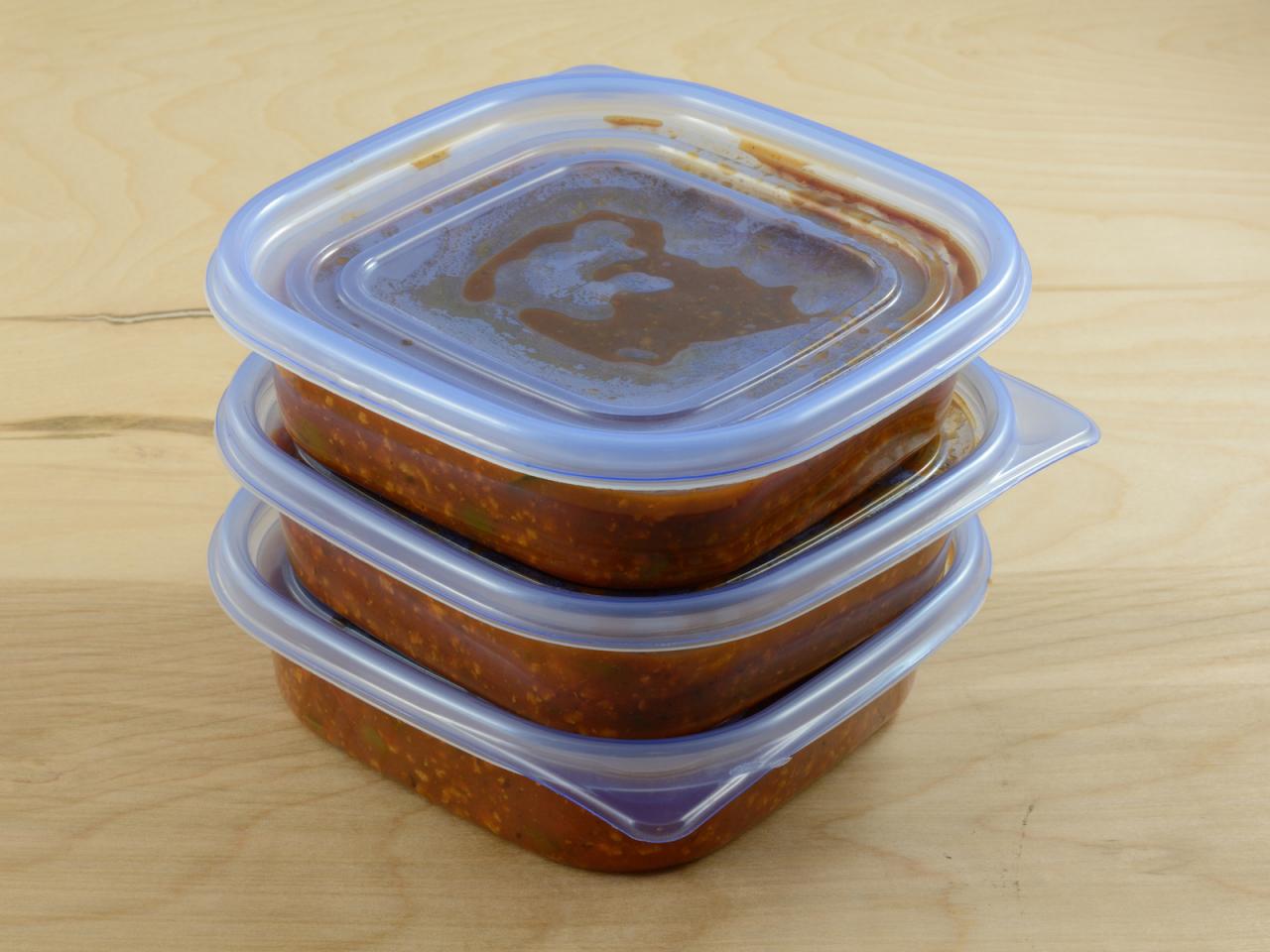

0 thoughts on “How To Store Homemade Sauce”